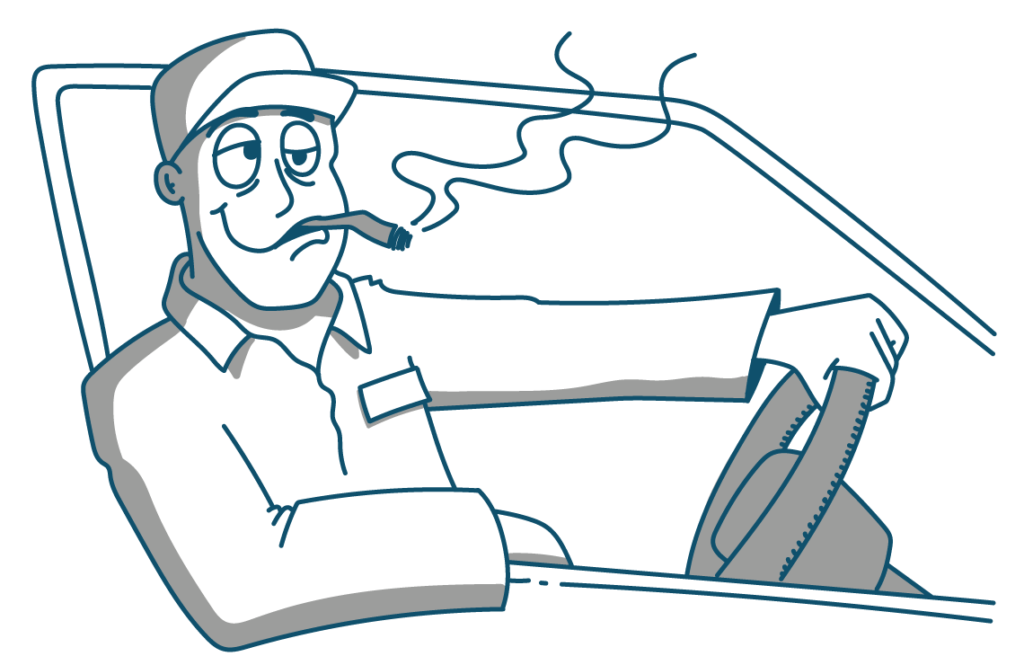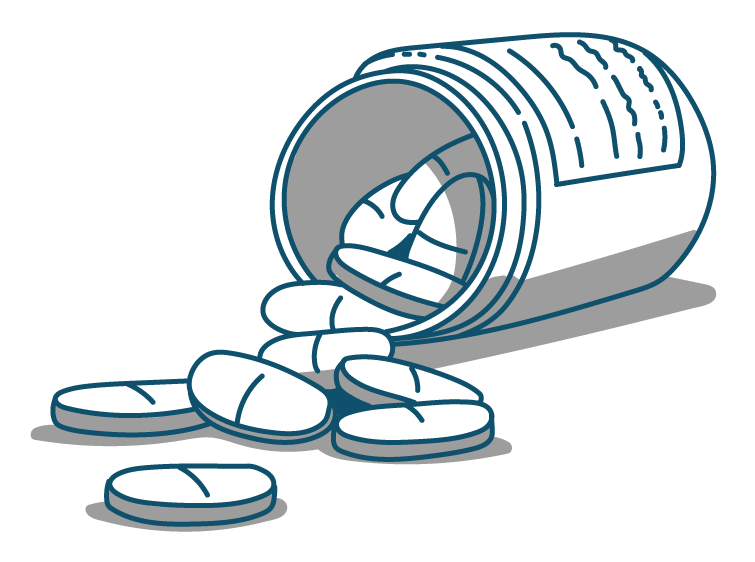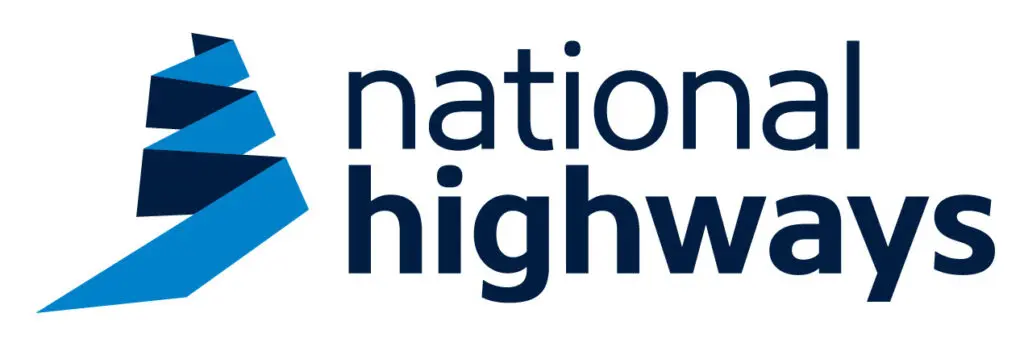Check what you know
Did you know?
More info
Check what you know
Did you know?
- It is a specific offence to drive with any of the 17 controlled drugs above a specified level in your blood.
- Drivers in Great Britain convicted of causing death by careless driving when under the influence of drink or drugs face a minimum period of disqualification of five years and a maximum penalty of life imprisonment.
- Driving while impaired by drugs is a major contributor to death and injury on the roads.
In 2022 drugs were detected in 19% of all drivers killed in road traffic collisions.
Drug driving increases the likelihood of being involved in a road traffic collision.
![]() Police can stop and request that a driver does a ‘field impairment assessment’ if they think the driver is on drugs. They can also use a roadside drug kit to screen for cannabis and cocaine. Even drivers that pass the roadside check can be arrested if the police suspect that their driving is impaired by drugs.
Police can stop and request that a driver does a ‘field impairment assessment’ if they think the driver is on drugs. They can also use a roadside drug kit to screen for cannabis and cocaine. Even drivers that pass the roadside check can be arrested if the police suspect that their driving is impaired by drugs.
More info

Driving, or attempting to drive, while over the limit or while under the influence of drugs will result in:
- a minimum one year driving ban
- an unlimited fine
- up to six months in prison
- a criminal record
- an offence which stays on the licence for 11 years
- possible loss of vehicle
- a significant increase in vehicle insurance costs
- an employer will see the conviction on the driving licence
- having trouble travelling to countries like the USA

The government have taken a zero-tolerance approach when setting the maximum legal limits on drugs that are mostly associated with illegal use.
Benzoylecgonine
Cocaine
Cannabis
Ketamine
LSD/Acid
Methamphetamine
MDMA
Heroin
The government have taken a risk-based approach when setting the maximum legal limits on drugs that are mostly associated with medical use.
Amphetamine
Clonazepam
Diazepam
Flunitrazepam
Lorazepam
Methadone
Morphine
Oxazepam
Temazepam
Prescribed medication, and over the counter medication such as cold remedies, must be checked with a doctor to ensure it does not contain substances causing a driver to be unfit to drive.
Categories


Crown Copyright 2025
You may re-use this information (not including logos) free of charge in any format or medium, under the terms of the Open Government Licence.
To view this licence, visit www.nationalarchives.gov.uk/doc/open-government-licence